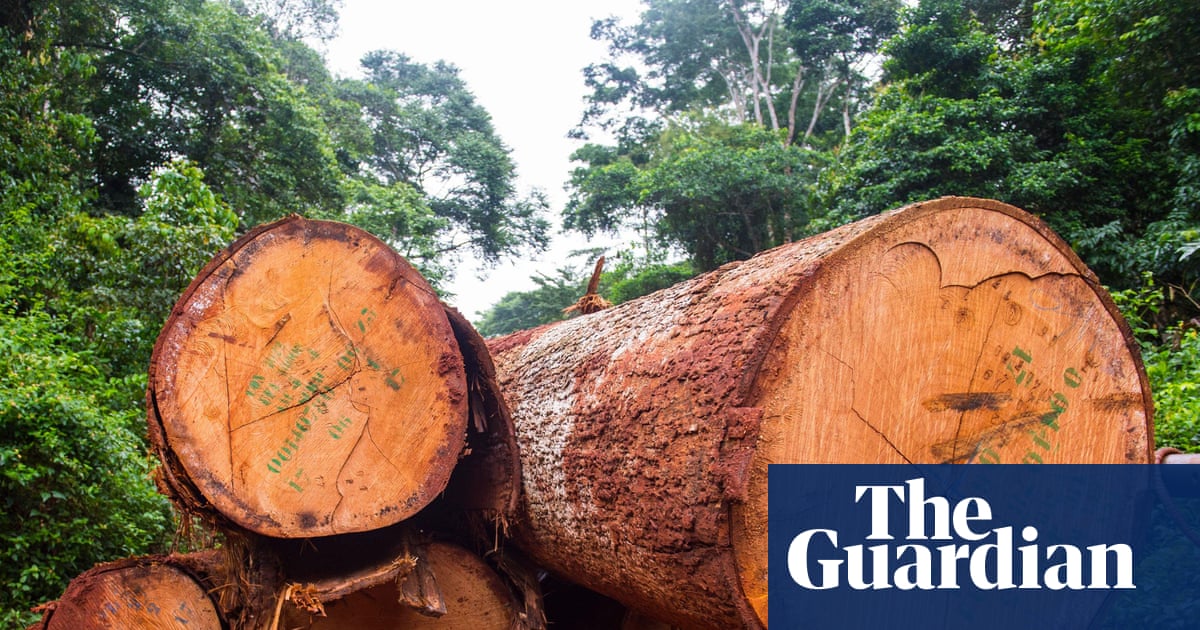
"Africa's forests have turned from a carbon sink into a carbon source, according to research that underscores the need for urgent action to save the world's great natural climate stabilisers. The alarming shift, which has happened since 2010, means all of the planet's three main rainforest regions the South American Amazon, south-east Asia and Africa have gone from being allies in the fight against climate breakdown to being part of the problem."
"Scientists found that between 2010 and 2017, African forests lost approximately 106bn kg of biomass per year, which is equivalent to the weight of about 106m cars. The worst affected were the tropical moist broadleaf forests in Democratic Republic of Congo, Madagascar and parts of west Africa The study, published on Friday in Scientific Reports, was led by researchers at the National Centre for Earth Observation at the Universities of Leicester, Sheffield and Edinburgh."
"Human activity is the primary cause of the problem. Farmers are clearing more land for food production. Infrastructure projects and mining are exacerbating the loss of vegetation and global heating caused by the burning of gas, oil and coal thereby degrading the resilience of ecosystems. They discovered that Africa gained carbon between 2007 and 2010, but since then widespread forest loss has tipped the balance so the continent is contributing more CO2 into the atmosphere."
Africa's forests switched from a net carbon sink to a net carbon source after 2010. Satellite data tracked changes in carbon stored in trees from 2007–2017. Between 2010 and 2017 African forests lost about 106 billion kg of biomass per year, roughly equal to the weight of 106 million cars. Tropical moist broadleaf forests in the Democratic Republic of Congo, Madagascar and parts of west Africa were worst affected. Human activities — agricultural clearing, infrastructure and mining — and global heating from fossil fuels are the primary drivers. Brazil’s Tropical Forest Forever Facility aims to mobilise over $100bn for protection, but only a handful of nations have invested a total of $6.
Read at www.theguardian.com
Unable to calculate read time
Collection
[
|
...
]